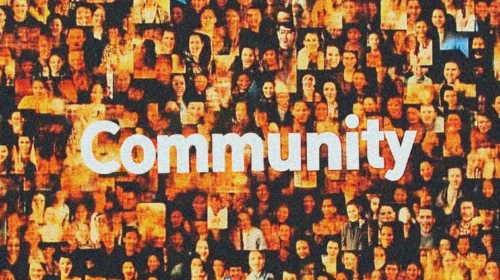Millions of Americans face barriers to mental health treatment, whether it’s for themselves or their loved ones. Learn why treatment can be hard to access and what you can do to find the right care.

Struggling to Get an Appointment with a Therapist? You’re Not Alone
If you’re trying to access mental health services and cannot find a therapist, psychiatrist, or mental health/behavioral health services available in your area, you are not alone. Millions of Americans are having difficulty getting through to mental health providers.
Demand for therapists has increased over the past few years, and people trying to seek treatment for mental illness are feeling like there is nowhere to turn. Even in big cities like Los Angeles, with thousands of working therapists, resources are strained.
Even before the COVID-19 pandemic, it was difficult for many people to find mental health counseling and crisis intervention, especially if they did not live in a major city center or were in a lower income bracket without insurance.
Today, barriers to mental health treatment have increased. The mental health and substance abuse care system has been under strain for many years, with the COVID-19 pandemic exacerbating existing issues for people with conditions like major depression, bipolar disorder, and generalized anxiety.
The Average Time it Takes to See a Therapist
The average time it takes for people with mental illness to get access to health care depends on their health issues, where they live and how much out-of-pocket money they are willing to spend, although money cannot guarantee an appointment either. Even if you are willing to pay hundreds of dollars in cash, you may struggle to find a therapist accepting new clients.
Waitlists for mental health practitioners have reached beyond 100-200 names in some areas, and in 2021 over 1.02 million people called the federal government’s mental health and substance abuse referral line. The demand for new referrals for serious mental illness like anxiety, depression, and trauma-related disorders has increased exponentially, becoming a barrier to care, with people being told they cannot be seen due to lack of space, with some places simply not responding.
At the Boston Medical Center, the average wait time for adults with mental health issues and substance use disorders to receive mental health care is ten months, while practitioners in Providence, RI range from four to ten months waiting time to see new people with mental illness. For specialty care, the wait time for receiving mental health treatment is even longer.
Why It Takes So Long
There are multiple factors contributing to delays in care for people with mental health challenges, including but not limited to:
COVID-19 Impact
The pandemic has created considerable stress, grief, fear, social isolation, financial loss, and daily disruptions.
The pandemic has significantly exacerbated the mental health impacts of PTSD, trauma, grief, depression, and anxiety, contributing to an increased risk of suicide, with these effects being evident throughout its course.
Political and Social Barriers
Rural healthcare systems are lacking in access to healthcare specific to people with mental illness.
Political shifts, racial and ethnic disparities and 2020’s social-justice struggles have caused more people to seek more help.
Cultural Stigma
There has been more talk about getting mental help and challenging the social stigmas and lack of awareness, allowing people who otherwise may have felt shame or fear to reach out.
While this is a good thing, it’s leading to increased caseloads and backlogs of patients in many areas.
Insurance Barriers
Private insurance coverage and training for new psychiatrists are both key factors that are lagging behind demand for these services and causing barriers to mental health care for the entire country.
Key Barriers to seeking help
Even when people need help, there can be everyday lifestyle barriers that stop them from seeking and accessing mental health services and addiction services, including:
1. Being unable to leave home and go to a mental health facility because you are a single parent, have a household to run, or simply cannot leave your family members for a significant amount of time.
2. Having physical health conditions or being immunocompromised that prevent from leaving your home, be away from your medical caregivers, and enter into a shared public space for mental healthcare.
3. Having mental health issues that make it feel difficult to seek help, whether it is a social phobia, or you simply feel like it is an overwhelming task. This is a problem for more and more people who are struggling.
4. Being a traveling professional, having a career position as an executive, or otherwise living in the public eye as a person who cannot be away from work and/or cannot give others reason to gossip or doubt your physical and mental wellness due to a mental disorder.
How Virtual Treatment for Mental Health Can Help
Healthcare access has been made much easier these days thanks to the internet and secure online healthcare platforms. While virtual treatment and online therapy are increasingly viable and accessible options, they may not be suitable for everyone, particularly those who require more intensive or specialized care, or who lack reliable internet access.
Services like those offered by Recovery Unplugged can provide comprehensive virtual care, including remote education, monitoring, and individual medical and behavioral health services, but it’s important to evaluate each provider’s specific offerings and ensure they match the individual’s needs. We can help you with mental health, substance abuse issues, and dual diagnosis treatment for co-occurring mental health and substance use disorders.
Our virtual programs use the same compassionate care and evidence-based treatments as our in-person treatment. Contact us now to learn more about our virtual services.

























